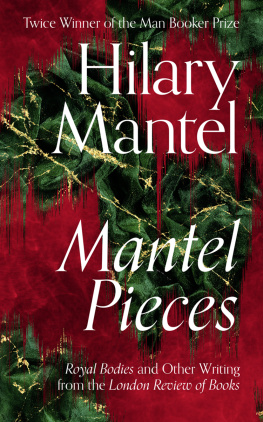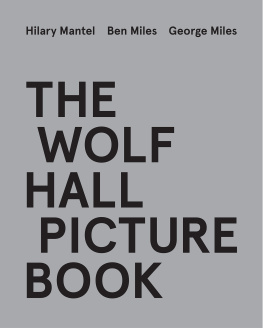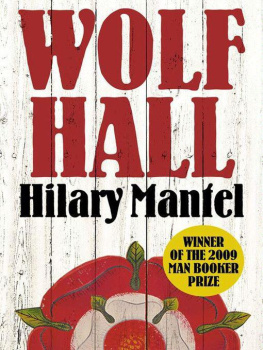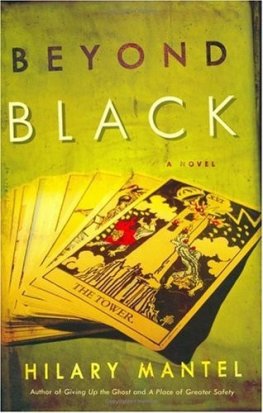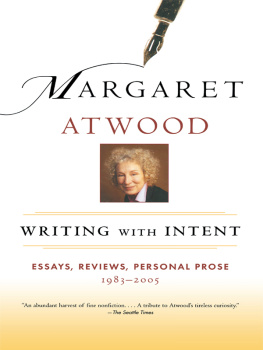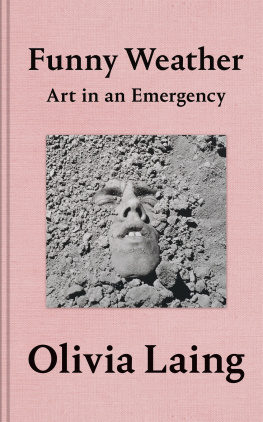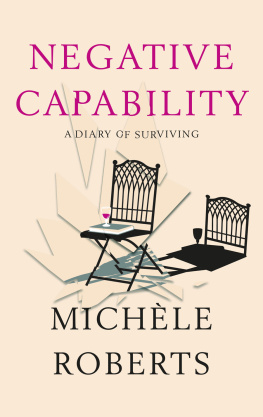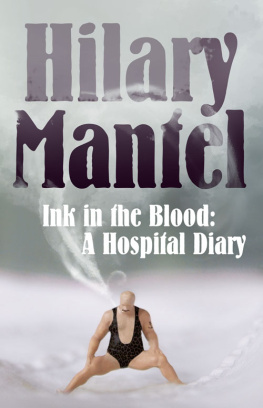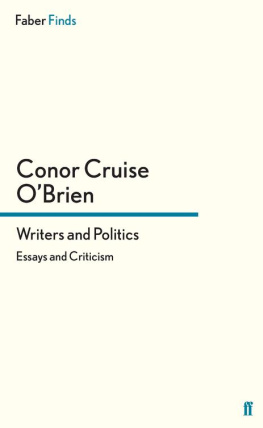CONTENTS
Contents
Guide
MANTEL PIECES
Royal Bodies and Other Writing from the London Review of Books
Hilary Mantel

4th Estate
An imprint of HarperCollinsPublishers
1 London Bridge Street
London SE1 9GF
www.4thEstate.co.uk
This eBook first published in Great Britain by 4th Estate in 2020
Copyright Tertius Enterprises Ltd 2020
All pieces previously published in the London Review of Books
Cover design by Julian Humphries
Cover images Shutterstock
Hilary Mantel asserts the moral right to be identified as the author of this work in accordance with the Copyright, Designs and Patents Act 1988
A catalogue record for this book is available from the British Library
All rights reserved under International and Pan-American Copyright Conventions. By payment of the required fees, you have been granted the non-exclusive, non-transferable right to access and read the text of this e-book on-screen. No part of this text may be reproduced, transmitted, down-loaded, decompiled, reverse engineered, or stored in or introduced into any information storage and retrieval system, in any form or by any means, whether electronic or mechanical, now known or hereinafter invented, without the express written permission of HarperCollins
Source ISBN: 9780008429973
Ebook Edition October 2020 ISBN: 9780008429980
Version: 2020-09-24
W HEN my first novel, Every Day Is Mothers Day, was published in 1985, I had been living abroad for some years. Its sequel came out a year later, and at that point, returning from Saudi Arabia, I needed to work out whether I could make a living as a writer. The advance for my first book had been 2000. For my second it was 4000 a good rate of progress, but not an income. Apart from my agent and publishers, I didnt know anyone in the media, or a single other person who was a writer. But I didnt think I was equipped for any other trade.
The first person to throw me a lifeline was Auberon Waugh, who had reviewed my novels and who asked me to write for the Literary Review: one piece a month, 40. Alan Ross at the London Magazine employed me; he was able to pay even less. But I decided I would say yes to anything, especially if it frightened me. Soon Charles Moore at the Spectator became my patron, and offered me their film column. A weekly column made me visible, and led to more work than I could handle.
The reviewing scene was very different in those days. There were more daily papers and they made space for books. For a time, in the autumn of 1989 and the spring of 1990, there were five Sunday broadsheets, all of them eating up copy. There were periodicals that no longer exist, like New Society and the Listener. There was even one called Books and Bookmen the title tells you everything about the world in which I started to publish.
Writing in 1938, Cyril Connolly identified journalism as one of his Enemies of Promise. He warns young writers against reviewing, identifying the danger of short articles for quick returns though in his day, two thousand words was considered short. He insists that any other way of making money would be better reviewing is a whole-time job with a halftime salary. The author runs the risk of losing energy, frittering it away on tripe and discovering that it is his flashiest efforts that receive most praise. The only way to preserve yourself, Connolly advises, is to manoeuvre so you never review a bad book.
It is true that reviewing eats up time. Even in the easier days in which I began, you had to become a workhorse if you wanted worthwhile returns. I was in awe of my paymasters, and at the same time I was uneasy. I recall having a batch of potential Booker winners fall out of a bag four or five of them, and a scant two hundred words for each. I was offering opinions with no visible means of support, and with little scope for nuance. It is simple, if you have only a paragraph to spare, to swat a book like a fly. Even if you have more space, it is easier to write a bad review than a good one, or to locate the flaw in a book and become fixated on it. Young reviewers become fired with zeal against the established and the over-rated. They think they are doing justice, but it takes them longer to learn about mercy.
When I began to write for the LRB everything changed. I began my career during Karl Millers editorship and continued with Mary-Kay Wilmers. My pieces became more expansive, the work became more challenging, and my unease dissipated, though only gradually. I still said yes to everything. Mary-Kay speaks so softly that when she first called me I believed she was trapped inside a sofa. Its possible that I didnt always know what I had agreed to review. But I learned that the paper is skilled at matching contributors to a task. I almost never got a bad book and if I did, I could send it back. At first I had qualms about my ability to rise to the standard. What I wrote was so plain that it felt exposed. I didnt have an arts degree, had never learned about literary criticism; in the theory wars, I was a non-combatant. But the paper had experts on tap, if they cared to call on them. If they wanted someone to stand in for the general reader, I was as general as they come. I didnt often review fiction, so I was not in danger of projecting my own perplexities onto someone elses work. And I welcomed the fact that all editorial changes were by negotiation. There was no danger of a sub-editor slicing off your last paragraph and changing the whole meaning of the piece. There were no particular space constraints. When I asked How many words? the editors would say, Take what you need.
That answer is a clever one, and more demanding than it appears. To fix a book in context needs background reading. When the paper unearthed my old letters I had no idea they kept such things I saw that I was always asking for time, more time to learn and it was always granted. Sometimes I was slow because I was over-committed, but sometimes because I was fascinated. The editors forgave my occasional bouts of critics block. They are forbearing with all their writers; sometimes it must seem unclear whether a piece is in progress or regress, or whether it will ever arrive at all. I am indebted to them for patience, and to Mary-Kay for encouraging me out of my shell. I had trained myself out of digression, but the paper was at ease with it. I was wary of jokes, but they didnt mind those either. And when I wanted to say something more personal, they were listening.
The pieces here were written over a long period, and fall into different categories. There are those where, as I have said, I stand in for the general reader. There are pieces on the early Tudors and on the French Revolution, where I have particular knowledge. There are diary pieces, offcuts of memoir. And then there is a category of one: my piece on royal bodies, which supposedly enraged middle England or at least, left certain newspapers spitting and foaming and doubling up in ire.
Royal Bodies began life as an LRB lecture. Afterwards it was printed, and nothing happened for a while and I didnt expect anything to result from a sober and harmless essay, although I did wonder if Buckingham Palace might be irked because I mocked their cocktail snacks. Ten days on, the press were on my doorstep or somewhere near it. From my window overlooking the sea, I watched hopeless reporters range up and down, trying to work out how to catch me. They could not decide exactly where I lived, and the neighbours wouldnt help them in Budleigh Salterton we dont engage with vulgarians. My husband came to tell me that the prime minister and the leader of the opposition were denouncing me. Neither, I believe, had read my lecture. Very few people had read it, but I was still Monster of the Month. If it had been bonfire season no doubt I would have been burned in effigy.

